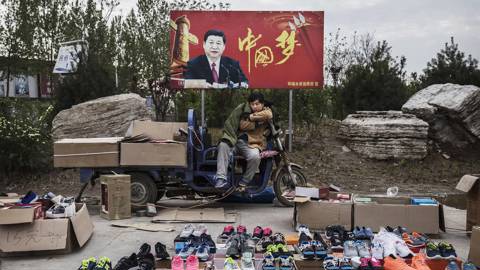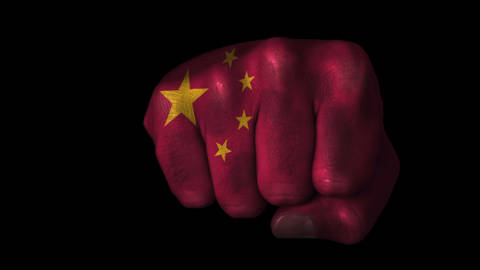PS Commentators
Say More…
Just in time for a bookshelf refresh, PS contributors share books that have inspired, enriched, or entertained them lately, and say why you should consider adding them to your summer reading list.
Michael Spence recommends...
Robert B. Zoellick, America in the World: A History of US Diplomacy and Foreign Policy, Twelve, 2020.
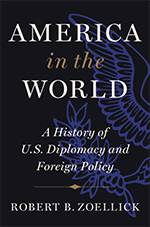
Over the years, I have learned a great deal about US history and foreign and economic policy from Bob Zoellick. He has distilled much of his insight and experience into this book. For those who, like me, lack deep experience in foreign affairs, it is a must-read. Read more.
Raghuram G. Rajan recommends...
Naguib Mahfouz, Palace Walk, Penguin Random House, 1956/2011.
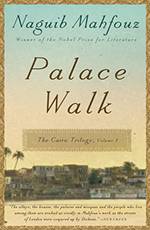
The first volume of The Cairo Trilogy, this intriguing novel immerses readers in the lives of a family with a tyrannical patriarch living in colonial Egypt. It was my first foray into this Nobel Prize-winning author’s work, but is unlikely to be my last. Read more.
Ruth Ben-Ghiat recommends...
Kathleen Belew, Bring the War Home: The White Power Movement and Paramilitary America, Harvard University Press, 2018.

The Capitol insurrection of January 6 displayed the strength of extremist politics in the US. This book explores the history of the politics that made the riot, highlighting how organized the white-power movement has become. Read more.
Yuen Yuen Ang recommends...
Dan Breznitz and Michael Murphree, Run of the Red Queen: Government, Innovation, Globalization, and Economic Growth in China, Yale University Press, 2011.
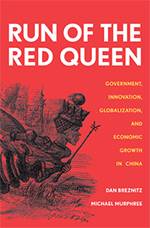
This book contains so many interesting insights that I had to stop highlighting them all, lest the pages become inundated with neon-yellow ink. The authors show how China has excelled in what they call “second-generation innovation” – applying established technologies to create new products and better manufacturing processes – rather than cutting-edge “novel innovation.” They also highlight the divergence between national and local innovation-promoting policies. Read more.
Edmund S. Phelps recommends...
Richard Robb, Willful: How We Choose What We Do, Yale University Press, 2019.
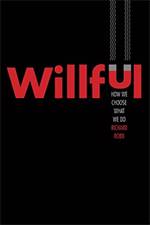
I very much admire this recent work by Robb, who is a great friend of mine. The book’s thesis is that many, if not most, of our actions are simply things we feel like doing, rather than attempts to maximize some abstract metric of “utility.” It’s full of insights into the choices we make in a great range of areas. An economist will see the book as being 180 degrees from the behavioral science preached at the University of Chicago. Read more.
William A. Haseltine recommends...
Rachel Clarke, Breathtaking: Inside the NHS in a Time of Pandemic, Hachette, 2021.

This and The Premonition: A Pandemic Story, by Michael Lewis, are two recent books that describe the pandemic from the perspective of doctors and public-health workers. With real human drama, they illustrate the challenges those on the frontlines have faced in both treating COVID-19 and preventing infection. Both works depict the physical, emotional, and mental toll of combating infectious disease. Read more.
Nancy Qian recommends...
Anthony D. Smith, The Ethnic Origins of Nations, Wiley, 1988.
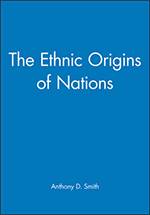
As a habitual binge-reader, I prefer to recommend sets of books – beginning with three of Smith’s works: The Ethnic Origins of Nations, Myths and Memories of the Nation, and The Nation in History: Historiographical Debates about Ethnicity and Nationalism. These books argue that nationalism is rooted in very old and fundamental human notions of group identity. The ideas they put forward – which I’m still digesting – give shape to my understanding of how and why a country like China is both ancient and constantly changing. Read more.
Bernard Haykel recommends...
David Rundell, Vision or Mirage: Saudi Arabia at the Crossroads, Bloomsbury Publishing, 2020.
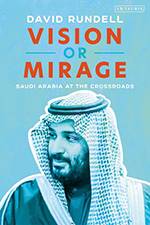
This is the best recently published book on Saudi Arabia. It is written by a former US diplomat who has spent nearly two decades living there, and the story he tells is nuanced and well researched. It also offers a balanced view of the recent transformation – one that avoids the polemics that have swirled around MBS. Read more.



